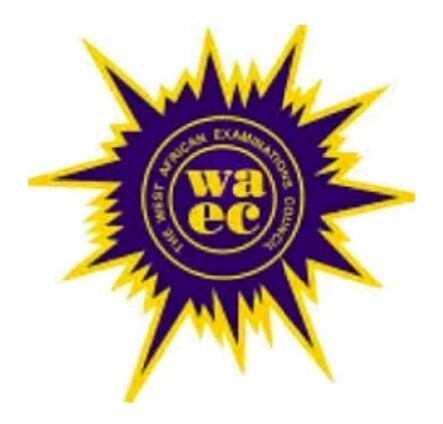Preparing for the Igbo Language examination conducted by the West African Examination Council (WAEC) requires a thorough understanding of the syllabus.
The syllabus serves as a roadmap, outlining the aims, objectives, and content to be covered in the exam.
In this blog post, we will provide an overview of the WAEC Igbo Language syllabus, its objectives, and the examination format.
We will break down each section, highlighting the topics and concepts that candidates should focus on during their preparation.
WAEC Igbo Language Syllabus:
The WAEC Igbo Language syllabus is designed to equip candidates with a sound knowledge of the Igbo language, literature, and culture.
It covers various aspects, including the sound system, grammar, cultural practices, and worldview of the Igbo people.
By studying this syllabus, candidates will develop proficiency in speaking, reading, and writing Igbo, as well as effectively communicating in the language.
Moreover, the syllabus aims to cultivate an appreciation for Igbo literature, providing the necessary tools for creative writing and literary analysis.
Scheme of Examination:
The Igbo Language examination consists of two papers, Paper 1 and Paper 2, which together form a composite paper. Candidates are required to answer all the questions in Igbo, using the standard orthography metalanguage.
Paper 1:
Paper 1 comprises sixty multiple-choice objective questions, to be completed within one hour for a total of 60 marks. It consists of three sections: Language, Literature, and Culture. The questions in each section cover specific aspects of the subject.
Section A:
Language: This section includes thirty multiple-choice questions on language, covering comprehension, composition/letter writing, sound system, grammar, and translation.
Section B:
Literature: In this section, candidates will find twenty-two multiple-choice questions on literature, focusing on the basic principles of literary appreciation, as well as oral and written literature (prose, poetry, and drama).
Section C:
Culture: This section contains eight multiple-choice questions on Igbo culture, including customs and institutions.
Paper 2:
Paper 2 is a composition test divided into three sections: Language, Literature, and Culture. Candidates must answer six out of the thirteen questions provided within a two-hour time frame, carrying a total of 100 marks.
Section A:
Essay: This section consists of three parts: composition/letter writing, sound system, and grammar. Candidates are advised to spend no more than 45 minutes on this section. They will choose one topic from five different essay types and write an essay of approximately 300 words.
Section B:
Literature: Part I of this section focuses on oral literature (prose, poetry, and drama), while Part II concentrates on written literature (prose, poetry, and drama). Candidates will answer one question based on their chosen part.
Section C:
Culture: Candidates will choose one question related to Igbo culture, covering topics such as customs (omenala) and institutions (ewumewu).
Conclusion
To excel in the Igbo Language examination, it is essential to study the WAEC Igbo Language syllabus meticulously.
This syllabus provides the necessary guidance for candidates to develop their language proficiency, literary appreciation, and understanding of Igbo culture.
By following the exam format and focusing on the topics outlined in the syllabus, candidates can effectively prepare themselves for success in the examination. Good luck with your studies and exam preparation!






